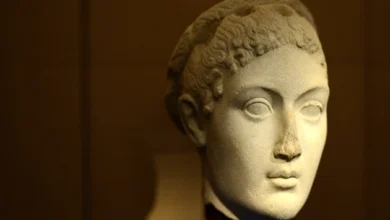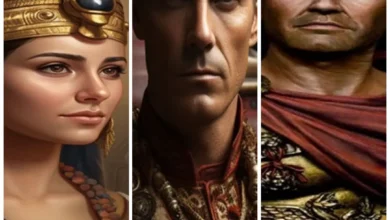Yoruba: how the mysterious African tribe appeared
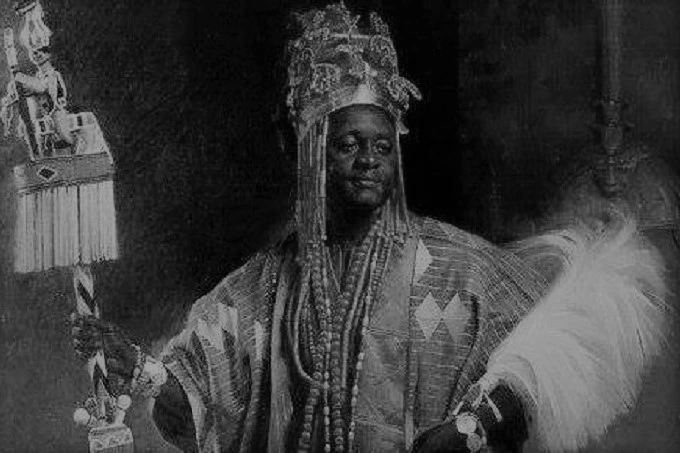
The history of the peoples of West Africa has been much explored in literary circles since the turn of the century. Ancient Egypt’s inhabitants moved into Africa via present-day Nigeria, according to authors Samuel Johnson and Lucas Olumide. Leo Frobenius and Geoffrey Parrinder, on the other hand, disagree. According to Yoruba folklore, their oldest ancestors came through connections between ancient Egyptians and Nigerians. There is a narrative among those who write about the Yoruba’s history that the Yoruba’s forefathers first emerged in Ancient Egypt.
There was a movement between Ancient Egypt and Yorubaland during the time. However, there was also migration between ancient people in present-day Nigeria and Ancient Egypt during the same period. There’s also the possibility that the Yoruba arrived in Africa through Israel. However, the Yoruba’s origins in Israel had little impact on their culture and growth. The Israelite and Yoruba perspectives on the afterlife are very different. The two peoples’ language phraseology is likewise distinct.
In his research of the Yoruba, Johnson references prior historians who claimed the Yoruba originated in the East. He feels the Yoruba and Egyptian cultures are culturally comparable. He does not mean Mecca when he claims the Yoruba came from the East; rather, he means Egypt in Northeast Africa. According to Johnson, the Yoruba’s forefathers were Egyptian Coptic Christians.
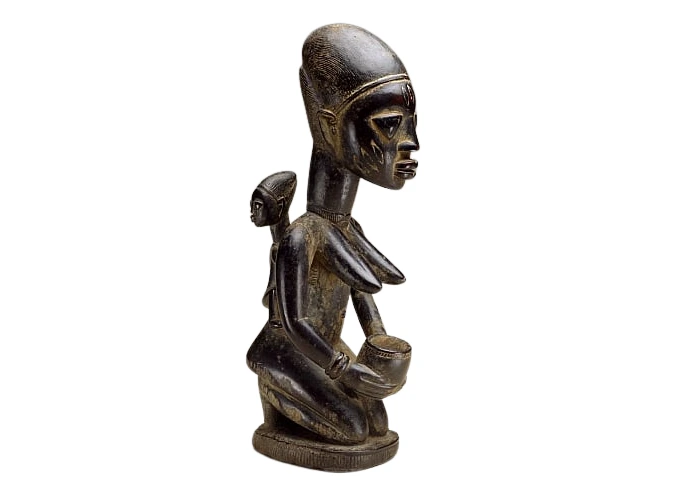
Lucas Olumide, the pastor of St. Paul, agrees with him on this point. He has investigated the gods worshipped in ancient Egypt and the Yoruba and discovered numerous parallels between the many types of spirits, gods, and ancestors venerated by these peoples. West Africa is home to several ancient Egyptian symbols and hieroglyphs. They date from many eras in ancient Egyptian history, including the pre-dynasty, dynastic, and Greek and Roman periods.
Even Ashanti’s, Yoruba’s, and Ekoiland’s metaphysical perspectives on life are similar. Unfortunately, there is no archaeological evidence for the Egyptians’ journey to Yorubaland. According to Parrinder, communication between the Egyptians and the Yoruba could only have occurred during the pre-dynastic and dynastic eras. He acknowledges the Yoruba’s likely impact from Ancient Egypt.
However, there are many who oppose this view. Leo Frobenius, an anthropologist, is one of them. He does not believe the Yoruba are Egyptians. According to the professor, the Yoruba have Etruscan origins that go all the way to the heart of North Africa. However, the majority of Yoruba are certain of their Egyptian ancestors, while others claim to be of Arabian lineage. The question of whether Egypt had touch with Yorubaland has remained unanswered to this day.
Ancient Egyptians may have traveled to present-day Nigeria to exchange gold and other natural resources, according to legend. Slaves were always required in Ancient Egypt for building and agriculture. Nigeria was able to actively engage in the slave trade at the time, and this was far before our time. This claim, however, is debatable.
Although the dynasty Egyptians had a significant impact on the peoples of West Africa, they were eventually displaced by the Arab Islamic influence. This was particularly true of the Yoruba people. Before that, the Egyptians and Yoruba were ruled by a supreme deity, as well as a plethora of smaller gods and ancestors whom they revered. Both the Egyptians and the Yoruba had god-like monarchs, and both had numerous holy animals for which festivals were conducted.
In daily life, both of these peoples employed magic and amulets, which were also essential in the afterlife. Circumcision, excision, shaving, and ear and nose piercing were all common practices among the ancient Egyptians and Yoruba. Despite this, there is no archaeological evidence in Yoruba land indicating the existence of the dynasty Egyptians.
However, traces of ancient Egyptian civilization may still be seen in certain Nigerian communities today. As a result, we might presume that Ancient Egypt had a tremendous impact on the Yoruba when they came into touch with Yorubaland.
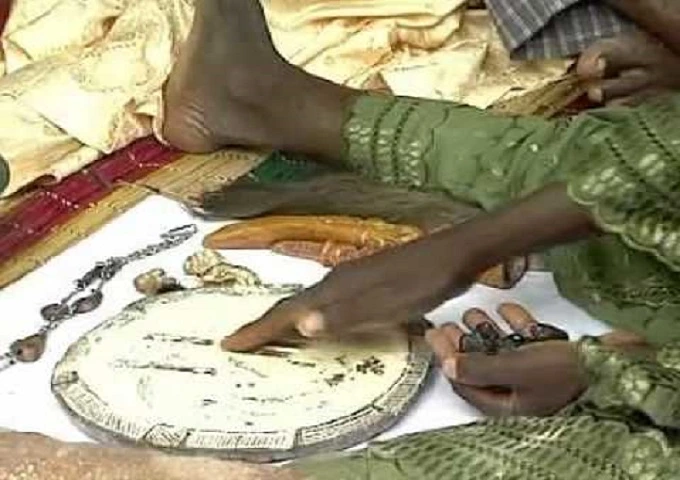
The Yoruba are most likely descendants of Egyptians who mingled with Nigerian tribes. According to mythology, Oduduwa and his offspring departed the “east” to reign the Nigerian kingdoms of Kukuwa and Gogobir.
The Gobir kingdom has a significant historical significance for the Hausa and Yoruba peoples. On the other hand, no proof exists that Oduduwa ancestors ever resided in Kukuwa or Gobir.
As early as 1300 BC, there is evidence that the Yoruba traded with northern Nigerian tribes. The residents of Gobira and Kukuwa, nevertheless, kept their Yoruba identifiers.
Flora Shaw shared a historical chronicle of Egyptian pharaohs visiting Nigeria before Christianity. They moved west and south, passing through the northern Nigerian and Egyptian regions. It was roughly 1700 B.C. at the time.
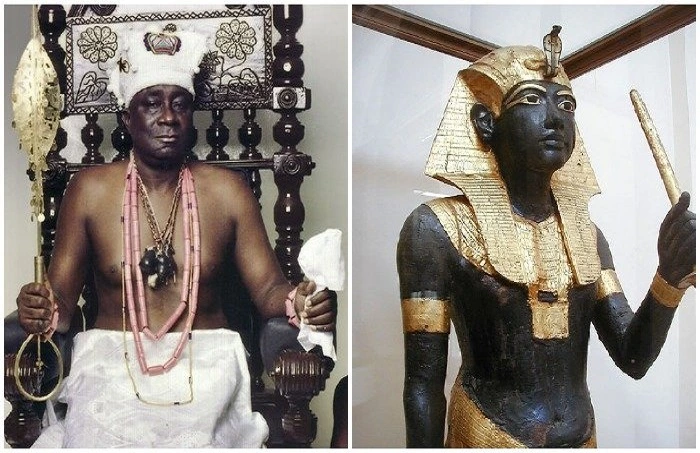
However, historians think Pharaoh only traveled to northern Nigeria, not Yorubaland. Ancient inhabitants of present-day Nigeria also traveled to ancient Egypt for religious purposes in the eleventh century, according to historical documents. As a result, Yoruba academics depend on the race’s cultural similarities to the ancient Egyptians, despite the fact that there is no archaeological proof for this.
From the Upper Nile area, it is currently difficult to reach Nigeria-Sudan via land. There is no way through the desert. However, remnants of old wells from the pre-dynastic era show that there was previously a route there. This points to the Yoruba’s Etruscan ancestors.
Etruscan traces have been discovered in Sudan, reaching Yorubaland. On the other hand, the Yoruba believe in the old mythology of Oduduwa’s beginnings. They regard his sons as their forefathers. Before they arrived, some people lived in Yorubaland, but nothing is known about them. Scientists are still hunting for proof of a link between the ancient Egyptians and the Nigerians who gave birth to the strange Yoruba ethnicity.

